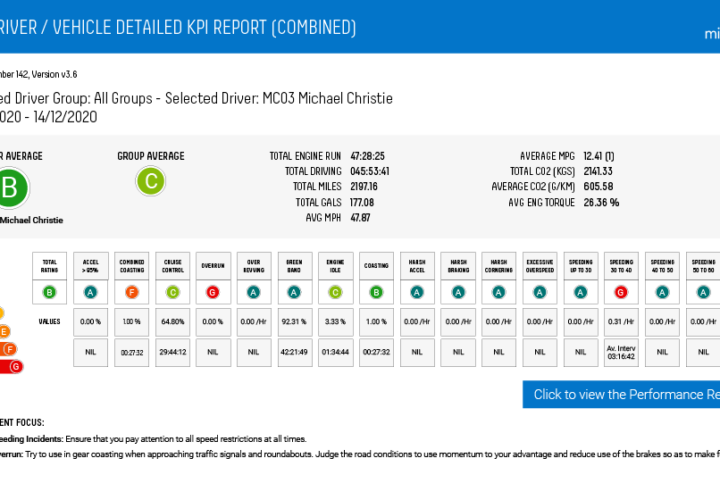Streamline your transport operation
Optimise your transportation processes to reduce costs and increase efficiency with load consolidation. By combining multiple smaller orders into a single, larger load, you can:
Optimise your transportation processes to reduce costs and increase efficiency with load consolidation. By combining multiple smaller orders into a single, larger load, you can:

Minimise empty miles and order costs by consolidating shipments into cost-effective full load movements.

Streamline operations and reduce the number of shipments, saving time and resources.

Fewer trips mean reduced fuel consumption and carbon emissions, contributing to a greener planet.

Our TMS Software is available over the internet wherever you have a connection, providing access to our solution when you are working from any location in the world.
Load consolidation is a logistics and supply chain management strategy that aims to optimise the transportation of goods by combining multiple smaller shipments into a single, larger load. This process helps reduce shipping costs, improve efficiency, and minimise environmental impact.
In load consolidation, shipments from multiple suppliers or customers are grouped together based on factors like destination, size, and weight. By maximising the use of available cargo space, such as trucks or containers, companies can reduce the number of trips required to move goods. This, in turn, lowers fuel consumption, emissions, and transportation expenses.
Load consolidation is particularly valuable in industries where shipping costs are a significant factor. It enhances resource utilisation, reduces the carbon footprint of transportation, and contributes to overall cost savings while maintaining the quality and reliability of deliveries.
Load consolidation offers several benefits in logistics and supply chain management. Firstly, it leads to cost savings by maximising cargo space and reducing the need for multiple trips. This translates to lower transportation expenses, making it a financially attractive option.
Secondly, load consolidation helps reduce the environmental impact of transportation. Fewer trips mean reduced fuel consumption and emissions, contributing to sustainability goals and regulatory compliance.
Additionally, load consolidation enhances efficiency by streamlining the shipping process, reducing handling, and improving delivery reliability. It simplifies inventory management and minimises the risk of delays associated with coordinating multiple small shipments.
Furthermore, it allows companies to negotiate better shipping rates and improve their bargaining power with carriers. Overall, load consolidation is a strategic approach that not only saves money but also promotes environmental responsibility and operational efficiency.
Load consolidation is crucial for several reasons in the realm of logistics and supply chain management. Firstly, it significantly reduces transportation costs by optimising cargo space and minimising the number of trips required to move goods. This cost-efficiency is especially vital in industries where shipping expenses are a significant portion of operational costs.
Secondly, load consolidation contributes to environmental sustainability by decreasing fuel consumption and emissions. This aligns with the growing emphasis on eco-friendly practices and helps companies meet regulatory and corporate social responsibility standards.
Moreover, load consolidation streamlines the shipping process, reducing complexity, and improving delivery reliability. It enhances inventory management, minimises handling, and reduces the risk of delays associated with coordinating numerous small shipments.
Overall, load consolidation is vital for its potential to enhance cost-effectiveness, environmental stewardship, and operational efficiency, making it a key strategy in modern supply chain management.